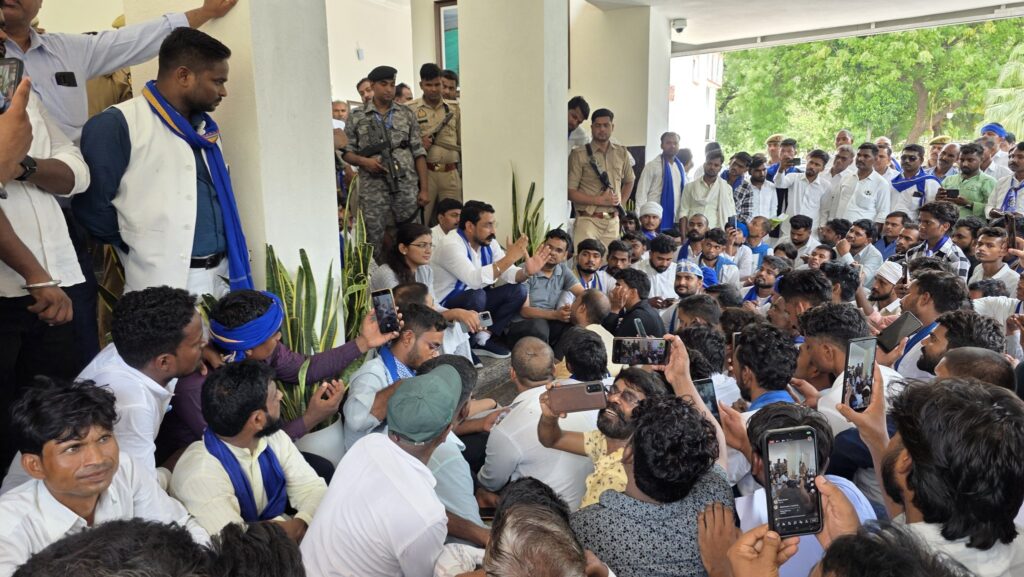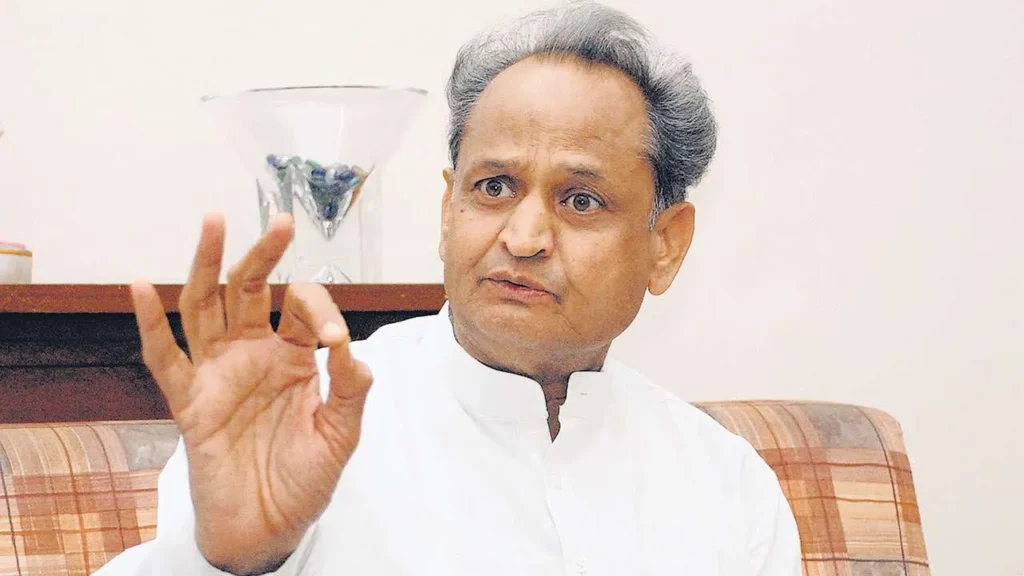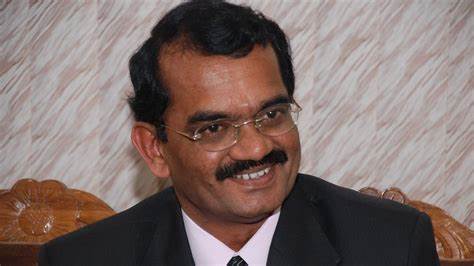Father dies, son cleared, but Bhim Army wants blood anyway
A disturbing mix of false allegations, caste tensions, and political incitement erupted into full-blown violence in Kaushambi, Uttar Pradesh, after a minor girl’s accusation against a Brahmin boy was proven false by a Special Investigation Team (SIT). The case not only led to the tragic suicide of the boy’s father, but has now taken a politically charged turn with Bhim Army leader Chandrashekhar Azad leading an aggressive protest on June 29 that resulted in widespread arson, vandalism, and violent clashes with police in Prayagraj.
Kosambi: Pal girl accused a boy of R*pe. Father of accused commited Suicide. Later, SIT found NO R*PE, he only slapped, & her family charged POCSO
— The Analyzer (News Updates🗞️) (@Indian_Analyzer) June 29, 2025
Now, Bhim Army led by Chandrashekhar today broke 15 Vehicles, spread Arson, ignited Fire, & pelted stones. Bcz accused is Brahmin? pic.twitter.com/gdR6FYtV1B
What started as a deeply emotional and sensitive case of alleged child abuse has now spiraled into a dangerous caste-based confrontation, with Bhim Army workers allegedly targeting upper-caste individuals and property. With SIT findings dismissing the rape claim and revealing the incident was limited to a slap during a minor conflict, questions now loom over misuse of POCSO laws, political opportunism, and deep-rooted social fractures that threaten law and order.
POCSO Lie Busted: SIT Confirms No Rape, Father Ends Life
The controversy began when an 8-year-old girl in Lohanda village, Kaushambi, accused a local boy, Siddharth Tiwari, of sexual assault. Within days, Siddharth was arrested under POCSO and rape charges, sparking fury from his family who maintained his innocence. In a devastating twist, his father, Rambabu Tiwari, committed suicide on June 4, unable to bear the humiliation and pressure of what they claimed was a false and politically manipulated case.
Soon after, a Special Investigation Team (SIT) was formed to look into the matter. The SIT found that the girl had been slapped, but there was no sexual assault or rape, and the charges were grossly exaggerated, likely motivated by personal disputes. As a result, rape and POCSO charges were dropped, and Siddharth was released on bail.
While the Tiwari family mourned a father’s death and a ruined reputation, the case sparked anger in the Brahmin community over the alleged misuse of laws and the irreversible damage caused by false accusations.
Chandrashekhar Azad’s ‘Justice Yatra’ Ends in Bikes Burnt, Caste Clashes
On June 29, Chandrashekhar Azad, Dalit leader and Bhim Army founder, led a massive protest in Prayagraj, demanding justice—not for Siddharth’s family—but highlighting what he called systemic injustice against Dalits, referring to another nearby case in Karchana. However, the protest quickly spiraled into chaos.
According to police reports, over 15 vehicles were vandalized, including police jeeps and private property. Protestors set motorcycles on fire, pelted stones, and injured civilians and security personnel. Authorities were forced to lathi-charge and disperse the mob. Several FIRs have been lodged and arrests are underway.
Local sources allege that the upper-caste identity of Siddharth may have fueled the targeted violence, suggesting a caste-driven motive to retaliate. The timing, just after the SIT absolved Siddharth and after his father’s suicide, suggests a politicized response designed to provoke unrest, especially when Azad was denied permission to meet families involved.
The protests, which were intended as peaceful, descended into caste-charged violence, raising alarm over mob justice and the ease with which political leaders can weaponize sensitive issues for ideological gains.
The Kaushambi case has now become a chilling example of how false accusations, caste politics, and street violence can fuse into a deadly mix. With the SIT confirming no rape and a grieving family left in ruins, Bhim Army’s violent reaction raises serious questions about political accountability and societal divisions. As legal proceedings unfold and tensions simmer, the real victims appear to be truth, justice, and communal harmony.





















